Are We Spiritual Machines?
Ray Kurzweil vs. the Critics of Strong A.I.Jay W. Richards and George GilderIn the closing session of the 1998 Telecosm conference, hosted annually by Gilder Publishing and Forbes at Lake Tahoe, inventor and author Ray Kurzweil engaged a number of critics. He advocated “Strong Artificial Intelligence” (AI), the claim that a computational process sufficiently capable of altering or organizing itself can produce “consciousness.” The session had an unexpectedly profound impact, not least because a number of important issues from technology to philosophy converge on this one issue. In this volume, the Discovery Institute, with the help of the contributors, has reproduced and expanded upon that initial discussion.
Computers are becoming more powerful at an ever-increasing rate, but will they ever become conscious? Artificial intelligence guru Ray Kurzweil thinks so and explains how we will “download” our software (our minds) and “upgrade” our hardware (our bodies) to become immortal — before the dawn of the 22nd century. In this debate with his critics, including several Discovery Institute Fellows, Kurzweil defends his views and sets the stage for the central question: “What does it mean to be human?”
Contributors
Jay Richards (editor), a philosopher and theologian, is a Senior Fellow and Program Director for Discovery Institute’s Center for the Renewal of Science and Culture, Seattle, WA.
George Gilder is a Senior Fellow of Discovery Institute, best-selling author of Telecosm (New York: Free Press, 2000) and President, Gilder Technology Group, Inc., Housatonik, MA.
Ray Kurzweil Ray Kurzweil is an award winning inventor, entrepreneur, and author of several books including the best seller The Age of Spiritual Machines (Viking, 1999).
John Searle is Mills Professor of the Philosophy of Mind at the University of California at Berkeley and author of many books including Rationality in Action (Cambridge: MIT Press, 2001).
William Dembski is Associate Professor of the Conceptual Foundations of Science at Baylor University, Senior Fellow of Discovery Institute, and author of The Design Inference (Cambridge: Cambridge University Press, 1998).
Michael Denton is the Senior Research Fellow in Human Molecular Genetics at the University of Otago in New Zealand, Senior Fellow of Discovery Institute, and author of Nature’s Destiny (New York: Free Press, 1998).
Thomas Ray is a tropical biologist and Professor of Zoology, University of Oklahoma, Norman, OK, and developer of the digital evolution software, Tierra.
Table of Contents
- Are We Spiritual Machines? The Beginning of a Debate ……………………. 1
George Gilder and Jay Richards - 1. The Evolution of Mind in the Twenty-First Century …………………….. 12
Ray Kurzweil - Responses To Kurzweil
- 2. I Married a Computer ………………………………………………………………. 56
John Searle - 3. Organism and Machine: The Flawed Analogy …………………………….. 78
Michael Denton - 4. Kurzweil’s Impoverished Spirituality …………………………………………. 98
William Dembski - 5. Kurzweil’s Turing Fallacy ………………………………………………………. 116
Thomas Ray - Kurzweil’s Rejoinders
- 6. Locked in His Chinese Room ………………………………………………….. 128
Response to John Searle - 7. Applying Organic Design Principles to Machines Is Not an
Analogy But a Sound Strategy ……………………………………………………. 172
Response to Michael Denton - 8. Dembski’s Outdated Understanding …………………………………………. 184
Response to William Dembski - 9. What Turing Fallacy? …………………………………………………………….. 196
Response to Thomas Ray - 10. The Material World: “Is that All There Is?” …………………………….. 210
Response to George Gilder and Jay Richards
